Anupama Nair
www.mediaeyenews.com
Our great Prime Minister Modi inaugurated the Amrit Mahotsav or celebration of India’s 75th year of Independence. We will be celebrating this event till 2022. I am going to write a feature on all those great men and women who fought against foreign invasion not just against the British. Today I am going to write about the great but unknown Velu Thampi Dalava who gave his life to save the kingdom of Travancore from the British East India Company. He is one of the earliest individuals to rebel against the British East India Company's supremacy in India and the course of history would have been different had he succeeded!
To understand the story of Velu Thampi, I need to take you back many centuries before. India was ruled by the cruel Mughals. It is a credit to the British, how the merchants who came to do trade with India, within 300 years became the masters of the entire land from Khyber to Chittagong and from Kashmir to Comorin (now Kanya Kumari), i.e., entire Sub-Continent. The English East India Company was formed by merchants of England to trade with Asia and India the “golden bird” in particular and America. It was formed by Royal Charter on New Year’s Eve on 1600. They landed in the Indian subcontinent on August 24, 1608, in Surat (Gujarat).
The Battle of Plassey (1757) and Battle of Buxar (1764) , smoothened their path to conquer the sub-continent. Robert Clive became the first Governor General of British India. By spinning a web of deceit, and many laws like Subsidiary Alliance (Lord Wellesley) and Doctrine of Lapse (Lord Dalhousie), they succeeded in ruling the entire sub-continent by 19th century. Jawaharlal Nehru in his book Discovery of India quoted “British rule in India had an unsavory beginning and something of that bitter taste has clung to it ever since”.
Velayudhan Thampi was born in a Nair family and was born on 6 May 1765 in the village of Thalakkulam (now in Kanya Kumari) then a southern district of Travancore Kingdom. Velu Thampi, was appointed Tehsildar of Mavelikara during reign of Maharaja Dharmaraja Ramavarma (who defeated Tipu Sultan). He became the Dalava or Prime Minister during the reign of the next Maharaja Bala Rama Varma, who was known as the worst king of the Travancore Dynasty as his reign was marked by unrest and various internal and external political problems. Velu Thampi faced serious opposition from his rivals when he became the Dalawa, but he overcame such obstacles through his skillful political instincts. Breakdown in law and order and rampant corruption were still present throughout the kingdom. As a way to improve the situation, Velu Thampi resorted to imposing harsh punishments against the guilty
Earlier the very popular Maharaja Dharma Raja signed a treaty with the East India Company in 1795 and was later revised in what is known as the Treaty of 1805 or "Subordinate Isolation", after the insurrection of the Nair troops in Travancore. It increased the number of the British army in Travancore and the expenditure of the army was to be made by the Travancore Kingdom. As a result the local army was drastically cut which did not help the kingdom at all.
Travancore at that time was facing a huge financial crisis and after the ratification of the Treaty by Velu Thampi resulted in discontent as it increased the dependence of Travancore on the British and also made it indebted to the East India Company. The British Resident Colonel Colin Macaulay, who was aware of the financial crisis forced the Dalava for immediate payment of the large amount of tribute and the expenses of the army.
For two years the Maharaja did not have funds to pay the East India Company. The amount to be paid was Rs. 662,669 rupees, huge amount in those days and demanded reduction of the Travancore army again. The king insisted on retaining the troops. Resident Macaulay, felt the Maharaja refused his request under the influence of the Dalava and demanded his removal. The Maharaja wrote to the Madras Government for the recall of the Resident immediately and appointment of a new Resident. The request was denied and an emboldened Resident demanded immediate payment
A rebellion broke out in the kingdoms of Travancore and Cochin which led to the Resident's house in Cochin being stormed, though Colonel Macaulay and his ally Kunhikrishana Menon managed to flee. The British garrison in Cochin, under Lieutenant Colonel John Chalmers, attacked the forces of Travancore. Later, the British troops defeated the rebels in another battle at Quilon. Thampi made the Kundara Proclamation (exhorting the natives to fight against the British) on 11 January 1809, and as a result, some British civilians and their supporters were executed by the rebels in Travancore. By February slowly by slowly British began to gain upper hand and the army camped at the suburb of Pappanamcode in Trivandrum, while another force entered Cochin and chased away the remaining rebels
It was surprising the Maharajas of Travancore and Cochin did not openly support the rebels instead supported the Company. As per British order, a new Dalava was appointed in Travancore. After a severe defeat in Cochin, the Dalawa of Cochin, also betrayed Thampi. The Maharaja issued an order for the arrest of Velu Thampi, and he committed suicide in the Mannadi Temple to avoid capture and with his death the rebellion sadly ended. Isn’t it a familiar story in our history?
The Government of Kerala decided to honor him and inaugurated a memorial to Dalawa, and constructed a research center, a museum, a park and a statue at Mannadi near Adoor. A statue of Velu Thampi Dalawa can be found in front of the "old secretariat" in Trivandrum. The sword used by Velu Thampi Dalawa to fight against the British was kept with the Kilimanoor Royal family. However, in 1957, the sword was presented by a member of the Royal family to President Rajendra Prasad and it is now in Napier Museum in Trivandrum. A commemorative postage stamp on him was issued on 6 May 2010.
Is this enough? We need to include him in our History syllabus as he is only known in Kerala. Let us remember him.

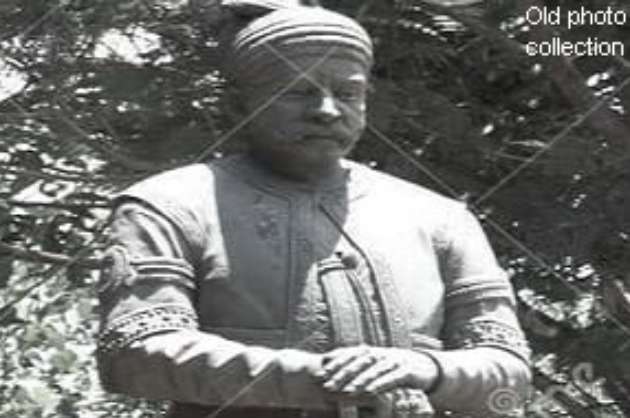
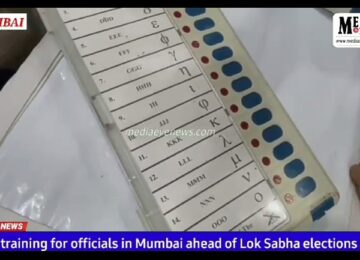
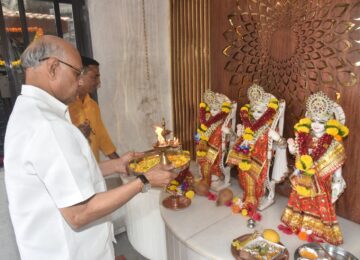
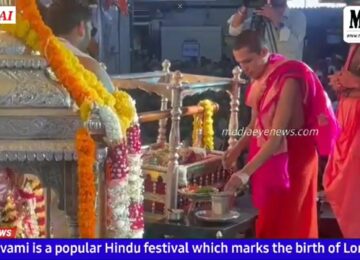

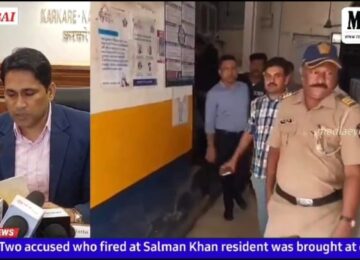



















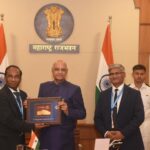


Never heard of him. A pity never included in the history books. Only Mughals are glorified.
Thank you
He was a great patriot. Well written.
Good
Good article. Heard about him when I visited Trivandrum last
Must publish more such articles.
Must publish more such articles
Great info. Thank you Anupama and Media Eye for bringing them out from the annals of history
Only 2 people are glorified in history for our independence. In reality millions sacrificed their lives
Informative article. Great research done by Media.
Great article. Anupama had done so much research. Thank you Media Eye. Please publish more such articles need of the hour
Please publish more such articles on such great people.
I loved this article.
Great piece of information.
Great man. Apt in 75th year of Independence
Great job Anupama and Media Eye. You are the greatest. Please publish more such articles.
Great job Anupama. Loved it. Please publish more such articles.
A great man.
Great research work done by Anupama.
Great freedon fighter
Please publish more such articles.
Please publish more such articles.
Please publish more such articles.
Liked it a lot. Will read all your articles
Great research done by Anupama. Please publish such articles.
Great research done by Anupama. Please publish such articles.
Great research work done
Great article.
Great freedom fighter of India.
Great research done by Anupama.
Great man to fight for India.
Great research work done by Anupama.
great research work done
great research work done
great research work done
great research work done
Great research done.
Great freedom fighter.
Good research.
Good research.
I loved this article
I loved this article
I loved this article
Nice article
Nice article
He is indeed a great man.
There are many people who fought for our Independence, but credit given to only two.
There are many people who fought for our Independence, but credit given to only two.
There are many people who fought for our Independence, but credit given to only two.